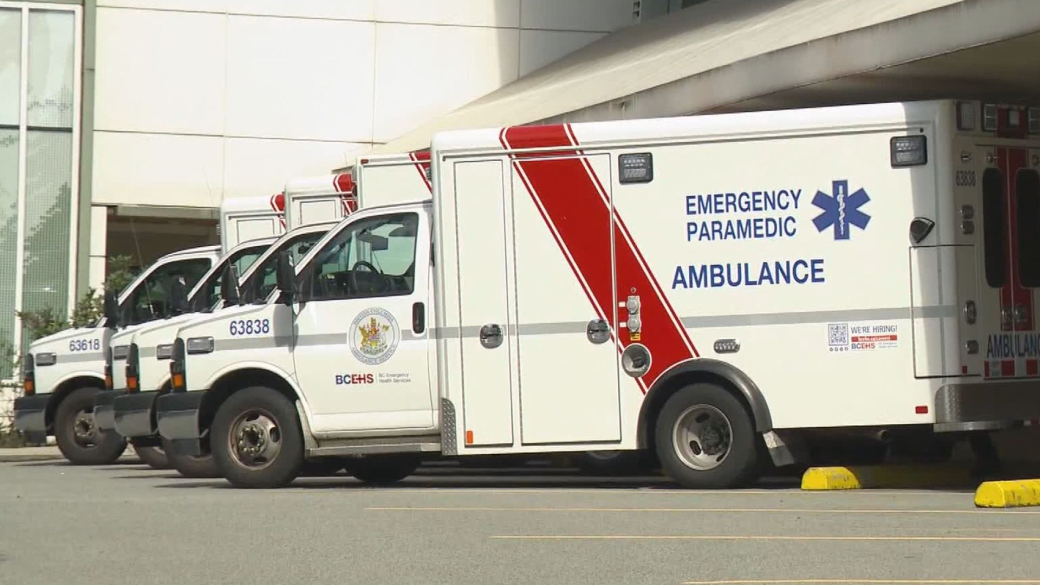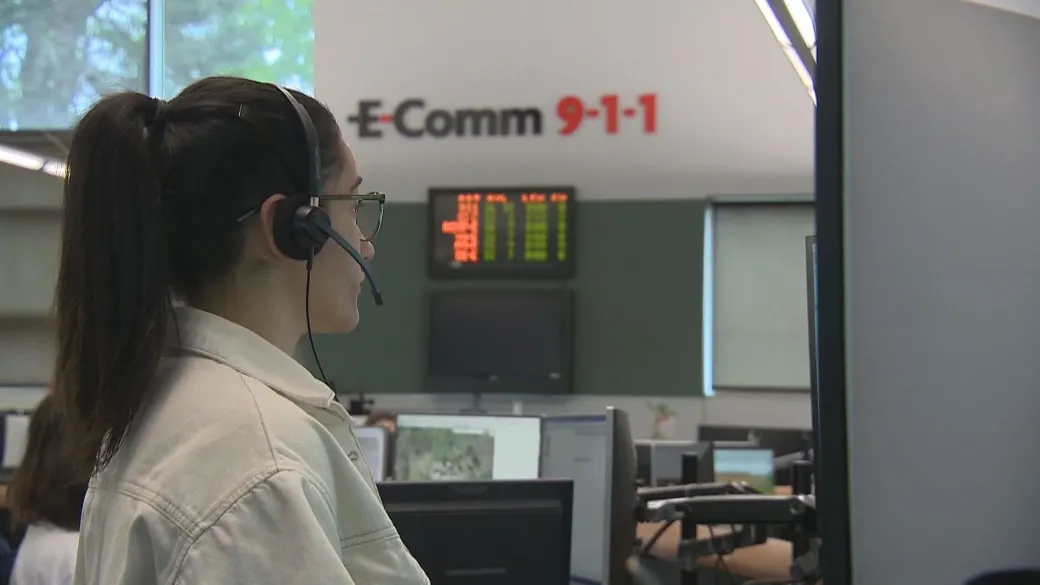

The union representing B.C. paramedics says the province’s new approach to overtime is leaving some ambulances unstaffed.

Ambulance Paramedics of B.C. spokesperson Ian Tait said B.C. Emergency Health Services has long relied on overtime to ensure shifts are filled.
He said the employer’s previous approach had been to pre-schedule those shifts, something it’s no longer doing.

“As of Jan. 1 they decided not to pre-schedule people into predictable vacancies and kind of go on a more day-to-day basis, where at the beginning of shift change at 6 a.m. they are panicking trying to cover the shifts,” he said.
“We’re noticing a significant increase in ambulances sitting empty, which is essentially translating into a front-line cut in services.”
Tait said on Saturday the White Rock station was staffed at 50 per cent of normal levels, while the Tri-Cities station was down by 25 per cent.
He said the end result is people with less urgent calls having to wait longer for an ambulance to arrive.
That’s an experience Greg Ladret said he had on Thursday evening.
The 73-year-old Vancouver man became dizzy and fell at a bus stop at 49th Avenue and Cambie Street.
The bus driver called 911 while bystanders helped him to a bench; despite waiting two hours, no ambulance arrived.
“You expect to call an ambulance and get the ambulance there in a reasonable amount of time to get you to the hospital,” he said.
“If my wife hadn’t been available to take me to the hospital I guess I could have called a taxi? But I needed some way to get from where I was into a better situation.”

In a statement, B.C Emergency Health Services said it closely monitors staffing levels daily and takes action to “fill shifts as quickly as possible when they are vacant.”
“This is part of daily operations, with patient care at the forefront. We use a variety of means to fill shifts, including movement of resources and/or using overtime,” the agency said.
“We can confirm that overtime is one of the strategies that has been used throughout this week.”
It added that ambulances are not limited to municipal boundaries and that crews from one area can be deployed to another when necessary.
In its own statement, the Ministry of Health added that there had been “ no increase in the number of ambulances out of service since the overtime policy review, and response times have largely remained stable.”
Tait credited the employer with working hard to hire more paramedics but said the process has not been enough to maintain full staffing amid retirements.
“If you cancelled all overtime, the ambulance service would collapse in about 90 minutes … just because we are not able to hire as many people as we need to fill all the vacancies,” he said.
Ladret, meanwhile, expressed an opinion likely shared by many British Columbians.
“I don’t know the situation,” he said. “I just know from the outside, going, ‘I need an ambulance, where are they?”


